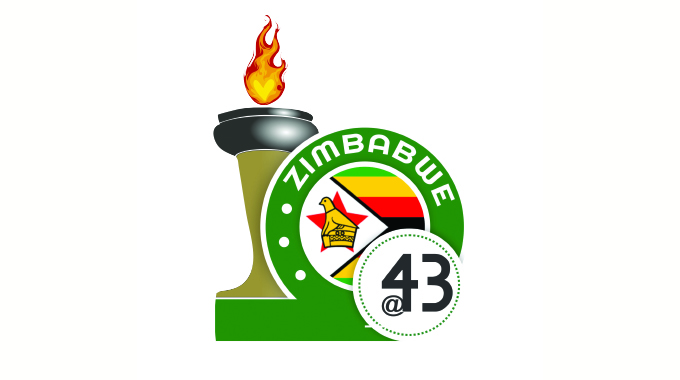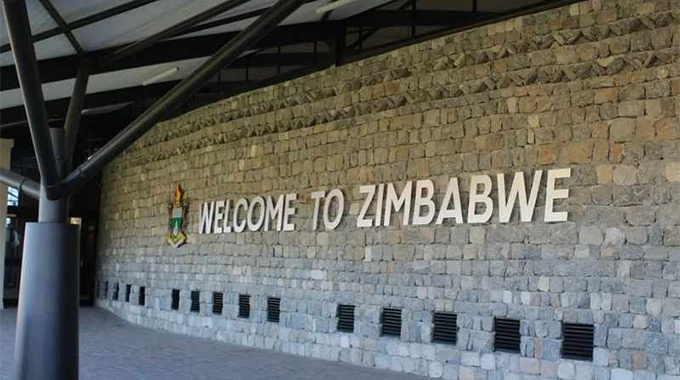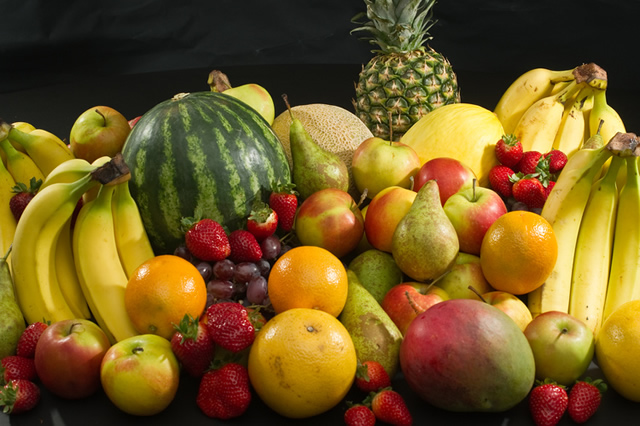Altena Farm: A quest for national recognition

Ranga Mataire
Group Political Editor
One of the immediate things that quickly comes to mind when reflecting about the changes brought about by the New Dispensation is the deliberate action taken to devolve the holding of national events to all provinces.
Unlike before when national events used to be the preserve of the capital Harare, the New Dispensation led by President Mnangagwa has ensured that national events or commemorations are held on rotational basis in all the country’s provinces.
This is in line with President Mnangagwa’s rallying call of “leaving no one and no place behind.”
And in line with his rallying call, this year’s independence commemoration is to be held in Mt Darwin, Mashonaland Central province. This is the first time since independence that such a national event is held in the middle of a rural district.
As indicated by President Mnangagwa in his weekly column in The Sunday Mail edition of March 12, 2023, the Government’s choice of Mt Darwin was not accidental as it was informed by “profound considerations from our War of Liberation, which conceived this day we yearly commemorate and celebrate.”
Indeed, it was in Mashonaland Central that the second and most decisive phase of the liberation struggle was launched, marked by the first shots, which were fired at Altena Farm in Centenary close to Mt Darwin.
From that day on November 21, 1972, Mashonaland Central became the centre of war, with some of the historic battles being fought on its soil.
Sadly, nothing at Altena Farm today symbolises its national importance as the first target that effectively sparked the Second Chimurenga as Rhodesian forces woke up to the news that combatants had ravaged the farm, leading the owner to flee in the wee of the night to a neighbouring farm.
The current family residing at the farm has scant knowledge of the history of this place save for some village talk about Marc de Borchgrave, a heartless white Rhodesian farmer who ran Altena Farm and was very unpopular among the locals because of his ruthlessness.
But most villagers in the surrounding areas are very much aware of the importance of Altena farm as some families were the first to have close relatives who joined the combatants.
The Government’s intention to declare the farm as a national site is likely to enhance the canonisation of the liberation narrative for the benefit of present and future generations.
This is a fitting reminder to future generations of the bravery of the combatants in targeting a farm owned by a notorious Rhodesian white farmer who viewed himself as invincible.
Current and future generations must know, through Altena and more such landmarks in Mashonaland Central about the heroic sacrifices of a brave generation which brought independence to Zimbabwe.
Making Altena Farm a national monument is long overdue. The farm must stand as a symbolic site where the Second Chimurenga effectively began, alerting the Rhodesia security forces of the physical presence of “vana mukoma” in the country.
The attack on Altena Farm drove the Rhodesian forces into panic.
After the Chinhoyi battle of April 26, 1966, where the seven gallant ZANLA forces fought heroically against the much superior Rhodesian forces for the whole day until they ran out of ammunition, the Altena Farm attack bore all the marks of sophisticated guerrilla warfare.
It was, however, the Chinhoyi battle that six years later inspired the Altena Farm attack.
Just like other landmarks, Altena Farm needs to be safeguarded to preserve the memory of the liberation struggle.
We can never allow a situation where the country loses control of its history.
The story of the liberation struggle cannot be fully told without highlighting the significance of the Altena Farm attack.
Declaring Altena Farm a liberation war historic site ensures posterity of our heroic past. It serves as an inspirational springboard for future generations.
Altena Farm is regarded as ZANLA’s famous attack.
A fact most disregarded by most historians is the role played by spirit mediums in guiding the freedom fighters including giving them the much needed information of when to attack the target – Altena Farm.
Chief Chiweshe Mukorekore, who was the first contact that the combatants got in touch with led them to a spirit medium in the area who cleared the way for the combatants to start operating in the Chawarura communal lands under Chief Chiweshe Mukorekore.
The attack on Altena Farm and news of spirit mediums playing a part in it changed the Rhodesian attitude towards the mediums.
Whereas before they used to collect information to legitimate claims of chieftainships by loyal followers, they switched to using that information as vital instruments for counter insurgency.
The ZANLA attack on Altena Farm also led Rhodesians to up the tempo of the war and responded by forming the Joint Command Operations (JOC) in December 1972.
The formation of JOC led to the launch of a massive operation code-named Operation Hurricane that covered areas such as Muzarabani, Dotitio, Mt Darwin, Centenary, Madziva, Bindura, Chiweshe, Murehwa and Mutoko.
Once the combatants were in the Chiweshe area, the traditional intelligence obtained from the locals started drying up.
It was clear that the people were supporting the freedom fighters and the Rhodesian government invoked Chapter 29 of the Law and Order Maintenance Act (LOMA), providing for severe penalties for anyone “harbouring or falling to report terrorists”, which included the death sentence or imprisonment for “lying” about the presence of “terrorists”.
As highlighted by President Mnangagwa in his weekly column in The Sunday Mail, the people of Mashonaland Central bore the longest brunt of the war as the Rhodesian forces targeted them for harbouring and supporting guerrilla fighters.
By mid 1973, thousands of local people were forcibly marshalled into ‘detention camps’ infamously known as “Keeps” where their freedom of movement was curtailed.
The first camps to be set up were at Msengezi Mission, Gutsa, Hoya and Mukumbura.
Nearly 50 000 people were driven into these detention camps as a way of cutting any contact with freedom fighters.
Holding independence celebrations in Mt Darwin, a rural town which is just 60km away from Altena Farm is a huge honour to the people who received the longest harshest treatment from the Rhodesian regime.
Making Altena Farm a national site will be the ultimate tonic in ensuring that part of the history of the country’s liberation struggle is preserved for posterity.









Comments